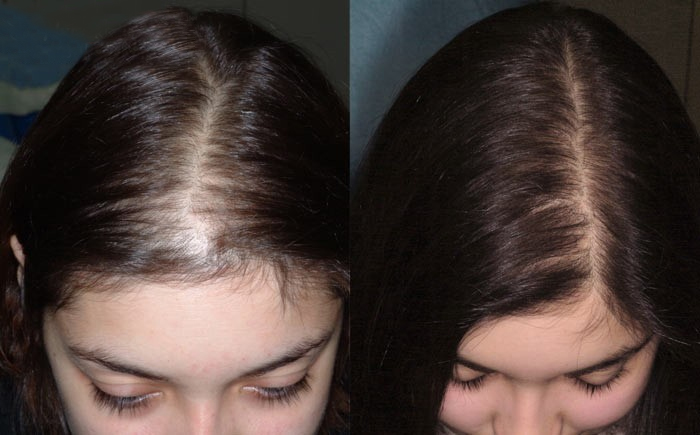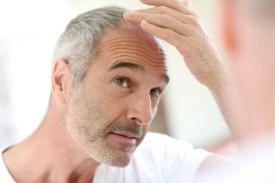Most of the cases of hair transplant in Delhi, Noida, Faridabad, Meerut, Moradabad are due to the lack of protein intake. As a matter of fact, rich, strong, and volumized hairs demand the regular care as well as a healthy diet intake. Consuming unhealthy diet can result in hair thinning and baldness and that can give sleepless nights. There is nothing more distressing than seeing the beauty of the crown (hairs) shedding. Proteins are responsible for building tissue cells in the hairs, skin, and nails. The significance of sufficient protein intake can be determined by knowing that 80-85% of the hairs are composed of a protein, generally, called keratin, says the hair transplant doctor in Delhi, South Delhi, Noida, Faridabad, Meerut, Moradabad. Sufficient amount of protein intake keeps the hair strong during its anagen (growing) phase.
With insufficient protein intake, the hairs may become brittle and start falling, which can bald the crowning area of the head and you might become a candidate for best hair transplant in Delhi, South Delhi, Noida, Faridabad, Meerut, Moradabad. This is one of the major factor that why people with a low-protein intake don’t experience the hair growth after a certain length. The hair transplant Surgeon in Delhi, South Delhi, Noida, Faridabad, Meerut, Moradabad suggests having at least 120 g of protein intake daily in breakfast and lunch meals.
Iron deficiency:
A woman is more disposed to iron deficiency than a man during the pregnancy and post-menopausal phase. During these phases, the body doesn’t produce enough red blood cells which pass oxygen to the cells for providing the required energy. This required energy also boost the hair health, thus, a decline in red blood cells production influences hair fall, hair thinning, and baldness, especially during the above-mentioned phases in a woman’s life. Excessive hair fall may also dispose her to the FUE hair transplant in Delhi, Noida, Faridabad.
The best hair transplant doctor in Noida, Delhi, Faridabad, explains that when the hair follicles grow, they demand more iron intake than usual. Also, women having heavy flow during their menstruation cycle are also prone to be a candidate of hair transplant in Noida, Faridabad, Meerut, Moradabad because the amount of iron decreases in the body and the hairs start shedding.

